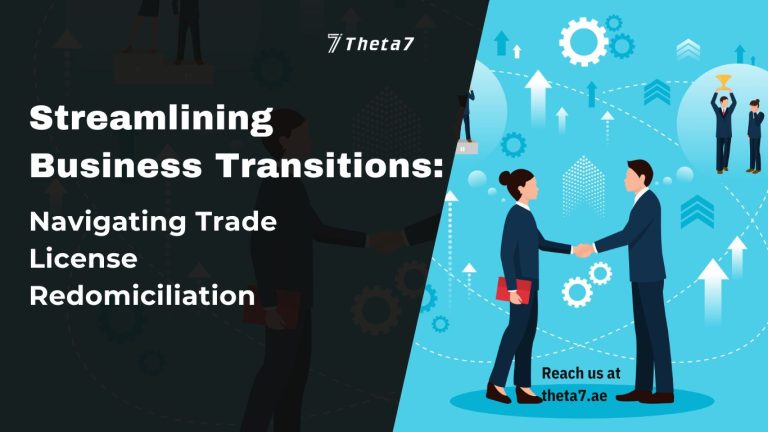
When businesses decide to redomicile, or move their trade licenses from one jurisdiction to another, understanding the necessary steps to ensure a seamless transition is crucial. A key component of this process is the Certificate of Continuation (COC) and the No Objection Certificate (NOC) from the Federal Tax Authority (FTA), which can significantly simplify the transfer.
A Certificate of Continuation (COC) is a document issued by the current trade license authority that confirms the continuation of a business's operations despite the change in jurisdiction. Similarly, a No Objection Certificate (NOC) from the Federal Tax Authority (FTA) indicates that the authority has no objections to the business redomiciling to a new jurisdiction.
For businesses that are redomiciling their trade licenses, the process can vary depending on whether a COC and an NOC are issued. Here’s how it works:
If the current trade license authority provides a COC and the FTA issues an NOC, the transition is straightforward. Businesses can amend their FTA portal details to reflect the new jurisdiction. The COC and NOC serve as proof of the change, ensuring that the business remains compliant without needing to re-register as a new entity.
If the current trade license authority does not issue a COC or the FTA does not provide an NOC, businesses face a different scenario. In this case, it is necessary to set up a new FTA account and register the business as a new entity. This process involves applying anew and meeting all the regulatory requirements as if starting from scratch.
Upon changing your jurisdiction or trade license authority, it’s vital to:
Contact the relevant trade license authority to verify whether a COC can be issued. Additionally, liaise with the FTA to secure an NOC. This can often be determined through official correspondence with the issuing authority and the FTA.
If a COC and NOC are issued, update your details on the FTA portal. Upload the COC and NOC to confirm the change and maintain compliance. This ensures that your tax records and other regulatory details remain accurate and up-to-date.
In the absence of a COC or NOC, initiate the process to create a new FTA account. This involves submitting an application and meeting the regulatory criteria for a new business entity. Ensure that all required documents and information are prepared to avoid delays.
The issuance of a Certificate of Continuation (COC) and a No Objection Certificate (NOC) may involve certain costs. These costs can vary depending on the specific regulations and fee structures of the issuing authorities. It is advisable for businesses to:
Directly contact the relevant trade license authority and the FTA to inquire about any fees associated with issuing a COC and NOC. This will help in budgeting for the transition and avoiding any unexpected expenses.
Be prepared for potential administrative or processing fees that may accompany the issuance of a COC and NOC. Including these costs in your financial planning ensures a smoother transition without financial surprises.
Navigating the redomiciliation of trade licenses with FTA compliance can be streamlined with the right approach. The Certificate of Continuation (COC) and the No Objection Certificate (NOC) play pivotal roles in ensuring a smooth transition. By understanding the procedures, including potential costs, and preparing accordingly, businesses can maintain their operations seamlessly, whether by updating existing records or setting up anew. Staying informed and proactive is the key to managing these transitions effectively.
Count on us to assist you every step of the way. Reach out to us today!

